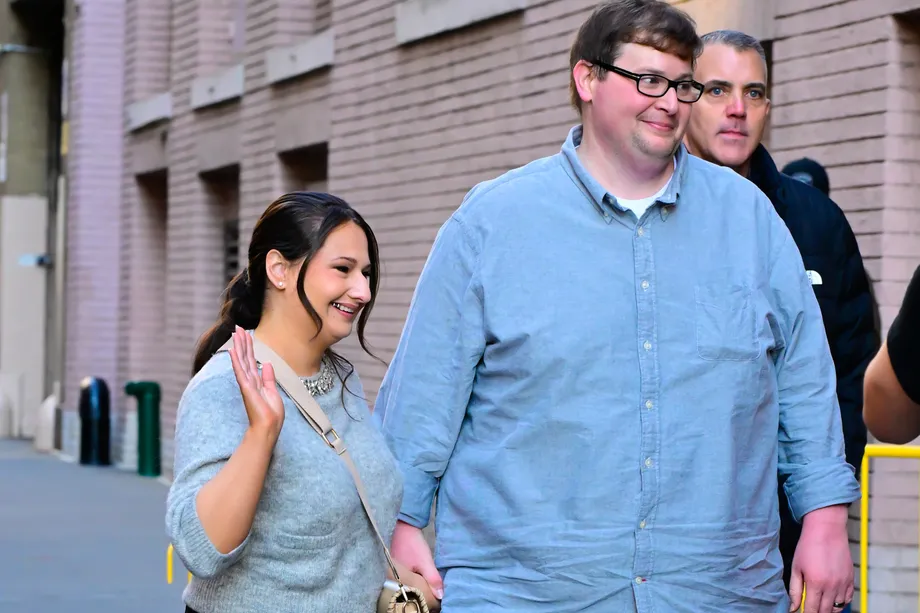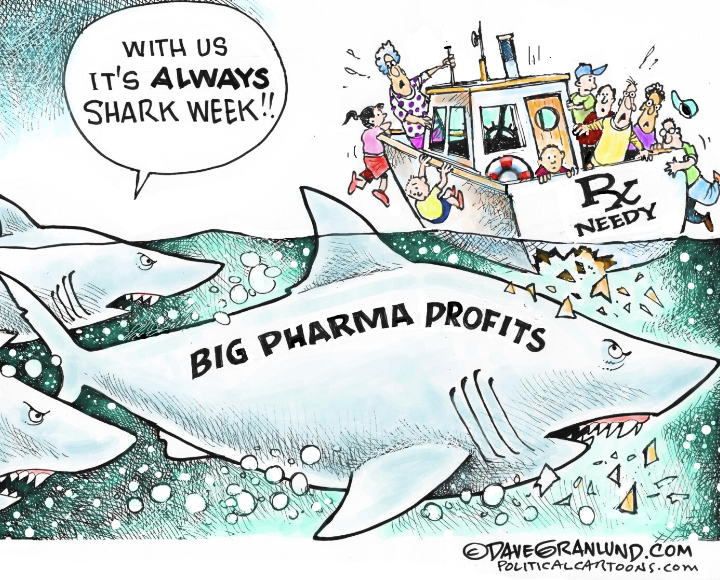[column width=”47%” padding=”6%”]
Pro
Yes, deliberately inhaling toxic fumes is wrong.
Cannabis. Pot. Weed. Marijuana. This single plant is one of the most controversial issues in the U.S right now. Many claim it is completely harmless –– for “medical purposes only” –– and yet others claim that it is the gateway drug to hell on earth. But what IS the big deal with marijuana? In reality, the drug is just as bad as the experts say. Let’s take a look at the facts, shall we?
According to a recent study from Lancet, marijuana use can increase the risk of developing a psychotic illness by nearly 40 percent. Marijuana smoking also shares all the health ailments that tobacco smoking is linked to including cancer, lung infection, heart disease, and addiction. No doubt, this drug is poison for your system.
Furthermore, the use of soft drugs, such as marijuana, has been proven to lead to even more hardcore addictions, such as cigarrettes. If marijuana is legalized, we may just have a drug epidemic in our hands. Already, around 5.4 million deaths a year are caused by tobacco consumption. The least we can do is not add another factor to heighten this number.
But weed is for medical purposes only, right? Wrong. Once it is legalized, the majority of pot addicts will be able to retrieve the drug from friends who have unlimited access to it because of health issues. No doubt, this is to the benefit of those “claiming” to need it for medical purposes.
And where there are addicts, what usually follows is an increased crime rate. Like alcohol and other intoxicating substances, marijuana can also leave its mark on a person’s good judgment. It’s just as responsible for car accidents as drunk driving and someone who has had prolonged exposure to marijuana is just as dangerous as someone who has been drinking all night.
In addition to health concerns, the drug has also been known to be the culprit behind numerous property damages. Because the plant is extremely flammable, an influx of marijuana grow houses would be one of the main contributors to California fires. This, coupled with the street violence generally associated with the increased consumption of drugs, means that the police and fire departments are going to have their work cut out for them along with the taxpayers who pay for all of it.
Many supporters of the drug say that marijuana is no more harmful than alcohol and tobacco and therefore should be legalized. This is true, but when was the last time smoking has ever had a positive impact on society? In fact, it’s more of a burden on society. How does adding another burden help us at all?
Other supporters claim that it’s the only way to save the economy and that it will bring millions of dollars of revenue. But we must ask ourselves whether it is really worth it. It really comes down to one moral question. Does the health, safety and wellness of our nation come before or after the wealth and prosperity?
[/column]
[column width=”47%” padding=”0″]
Con
Legalizing medicinal marijuana would help our economy and actually save lives
Forget about the movie Paranormal Experience. A real-life horror film is the trafficking of illegal drugs like marijuana. Thousands of lives are lost amidst the drug war that’s occurring globally, whether it’s done directly through drug-trafficking or indirectly from the detrimental side-effects of this drug.
Perhaps the most important reason to legalize medicinal marijuana is because of economic Recession. In California, marijuana is an extremely large cash crop. As despicable as it may seem, truthfully the marijuana industry can pull us out of the Recession. There will even be an added bonus left in our wallets to treat China to dinner for all of the financial help they’ve given us.
What’s really the difference between marijuana and tobacco or alcohol? Pot and cigarettes are both addictive and overtime can cause serious damage to your insides. Similar to what was done to put a cap on the number of people dying from smoking-related illnesses, new rules would be implemented with the legalization of medicinal marijuana. For example, it obviously wouldn’t be smoked in public places where secondhand effects everyone—even those who aren’t puffing the magical dragon.
And overtime marijuana might lose its appeal in pop-culture, just as tobacco has lost its hype. It’s simple, really. People want what they can’t have, so if you don’t want them to have it, make it available to them. As long as we don’t have athletes smoking before they’re up for bat, marijuana will lose its daredevil-appeal overtime.
It’s unreasonable to say that marijuana shouldn’t be legalized because it’s detrimental to your health. Any substance that isn’t natural to the body will have some effect of the body—this is inevitable.
The people on the streets aren’t exactly the cleanest, most trustworthy people either. To make the baggie seem heavier than it really is, drug dealers will mix contaminates into the pot. People often die from unclean pot. Legalizing marijuana for medical purposes would cut dealers out of the equation and ensure a safe supply of marijuana to patients.
From a medical standpoint, the evidence that marijuana helps to treat the symptoms of multiple sclerosis, cancer and AIDS is overwhelming. Arguments have been made that the research to used to support this statement is underdeveloped. Honestly, if I had AIDS, I would take the risk and choose the weed over pain killers. I wouldn’t be too worried about dying from drug abuse because, well, I’m already in a pretty bad shape. And psychologically, the appeal of marijuana would at least give the illusion that I’m carefree and childish again, like Neil Patrick Harris in Harold and Kumar and not that of Dr. House M.D., who pops pills and ends up in a mental institution.
[/column]











